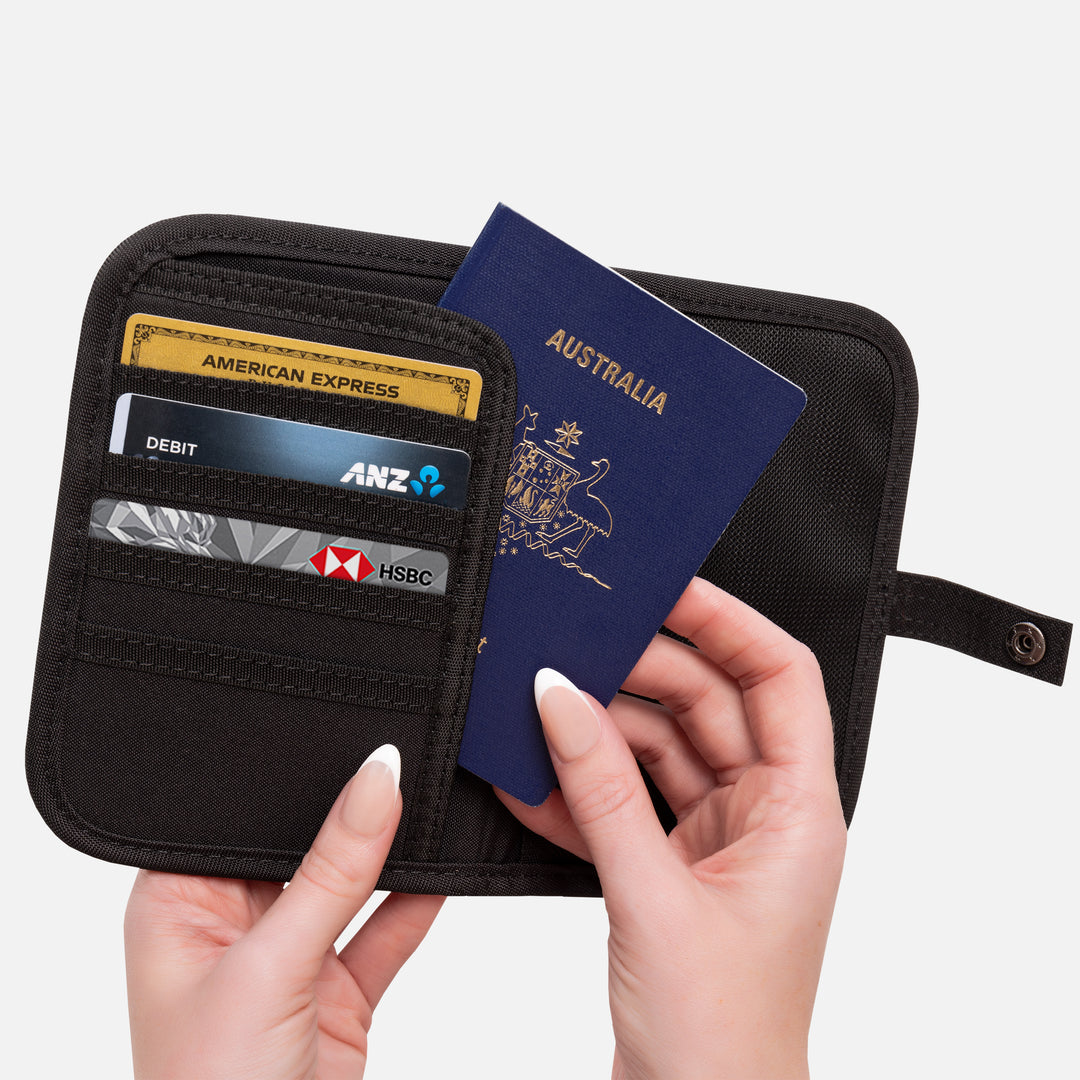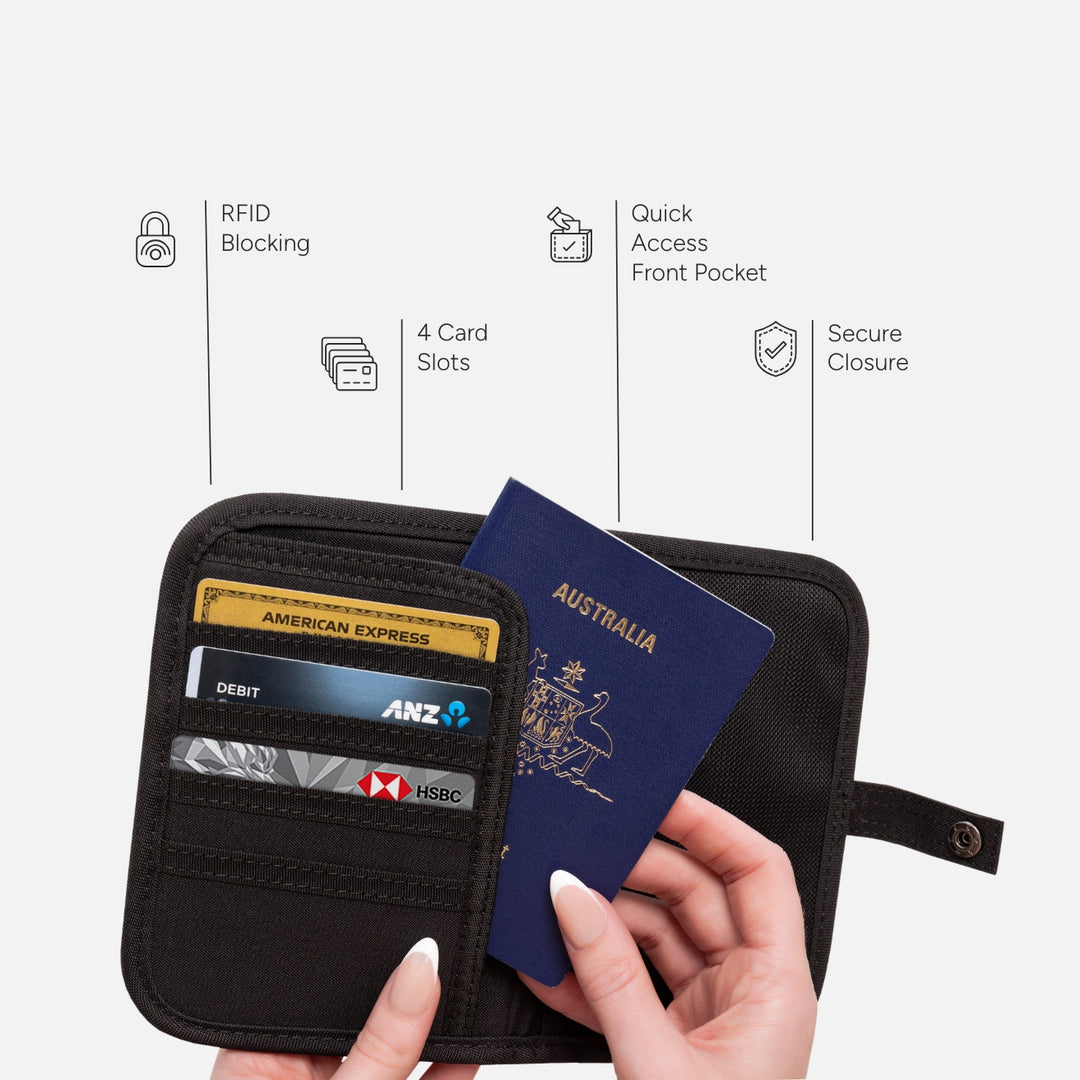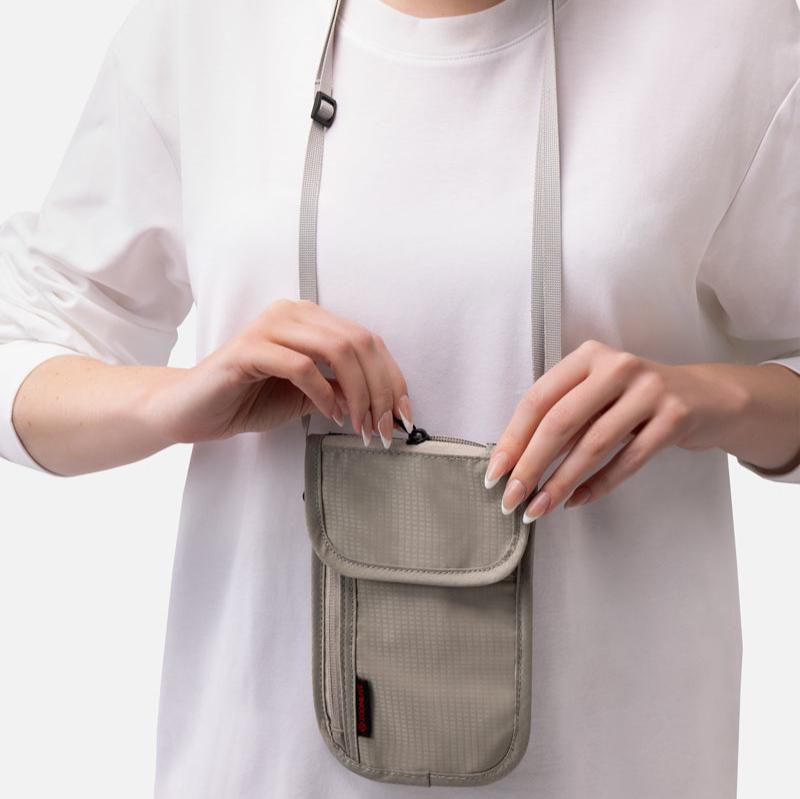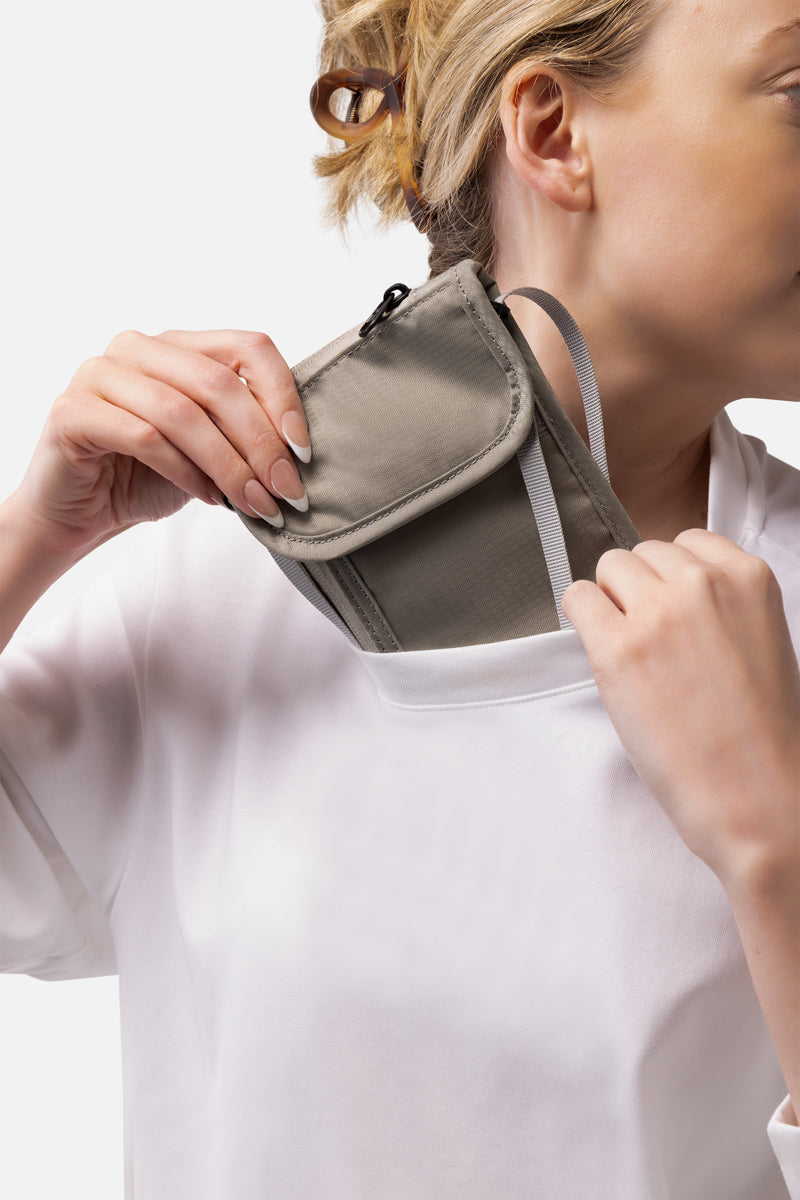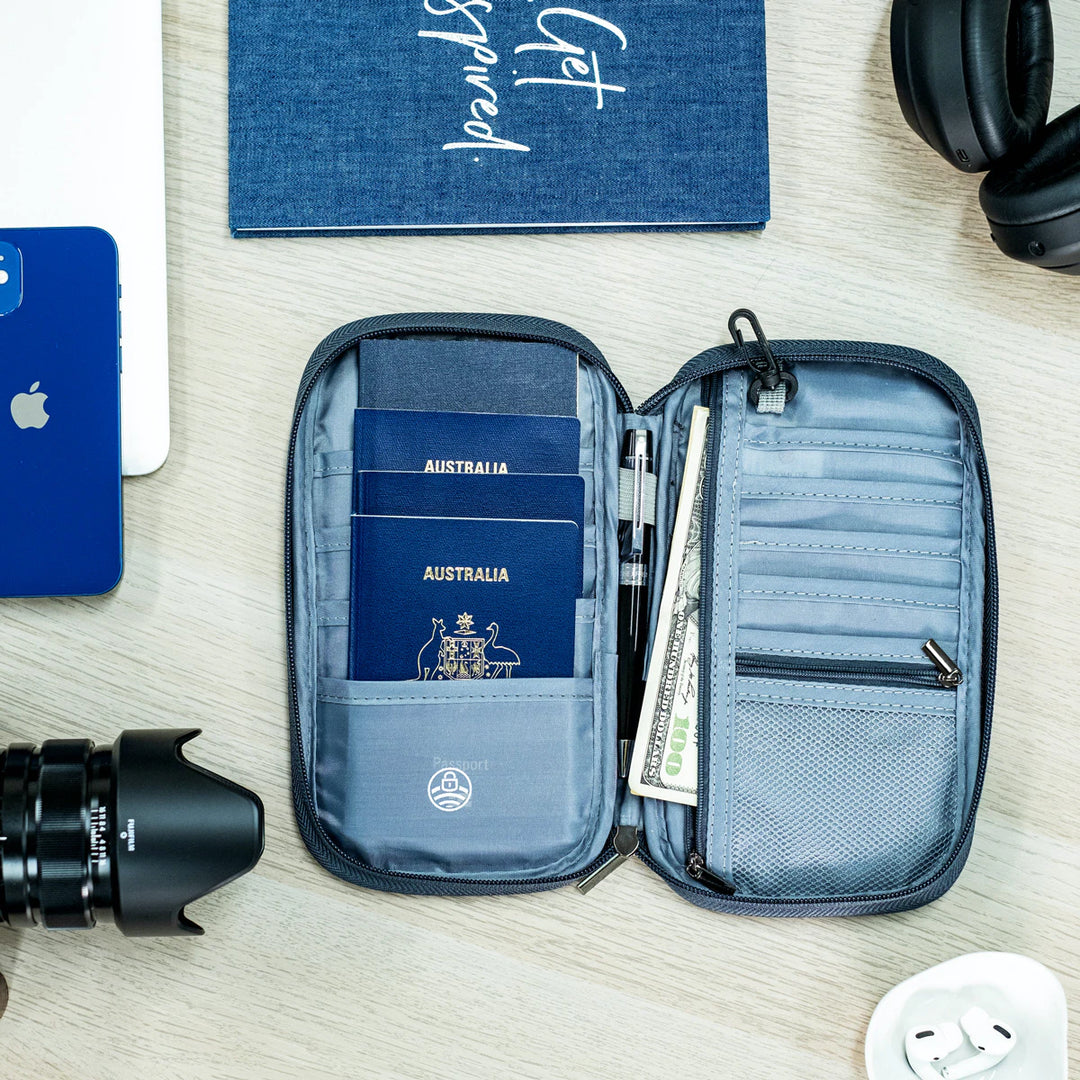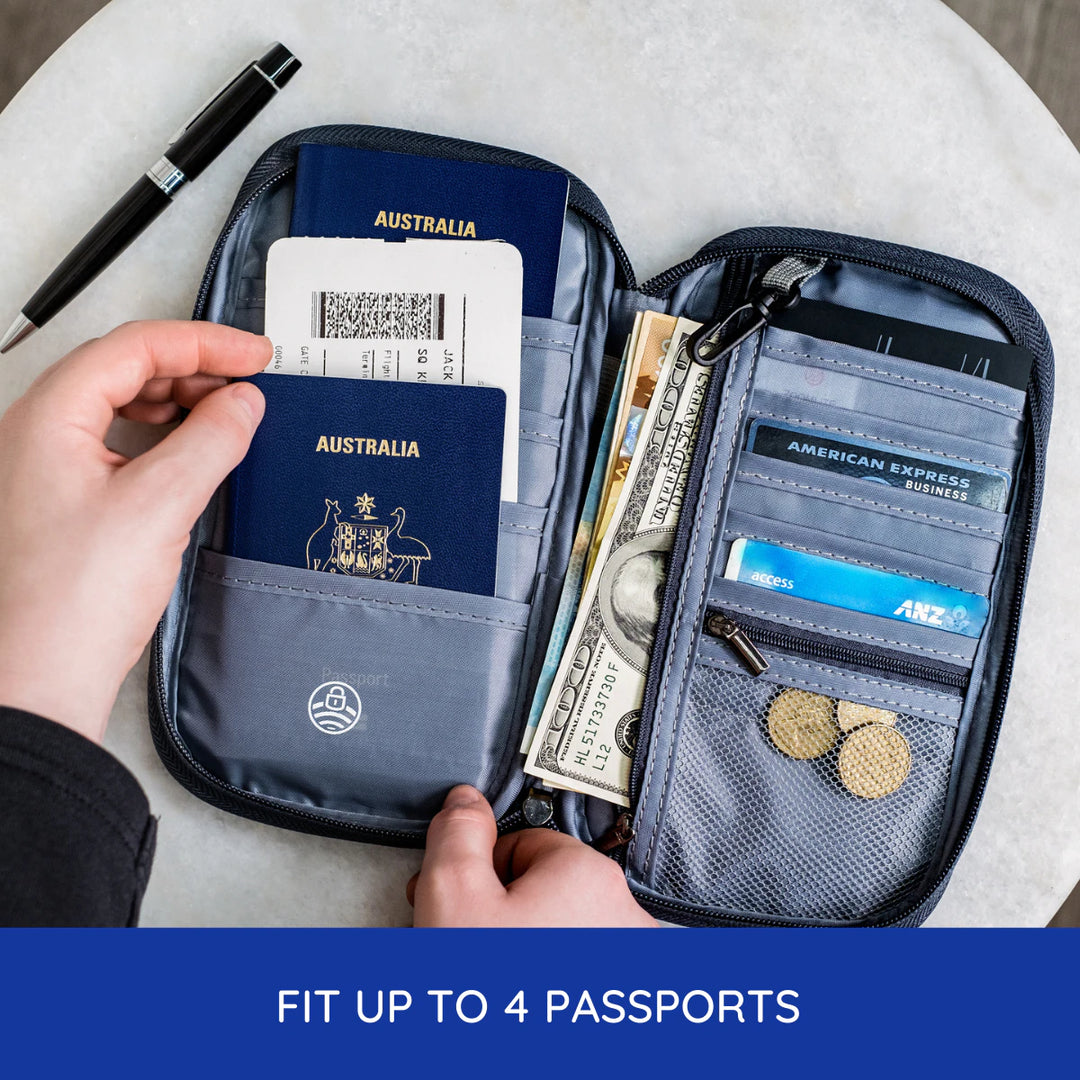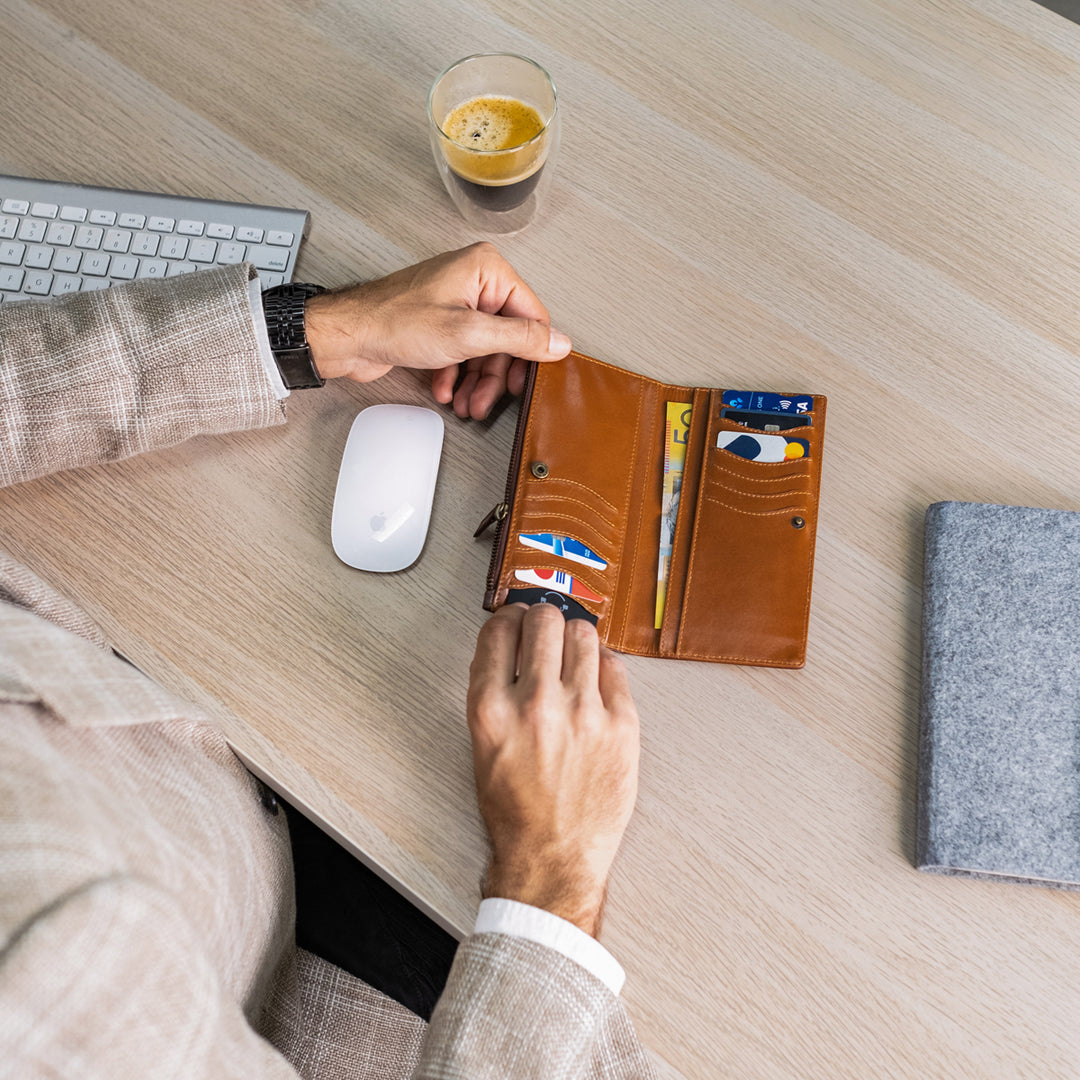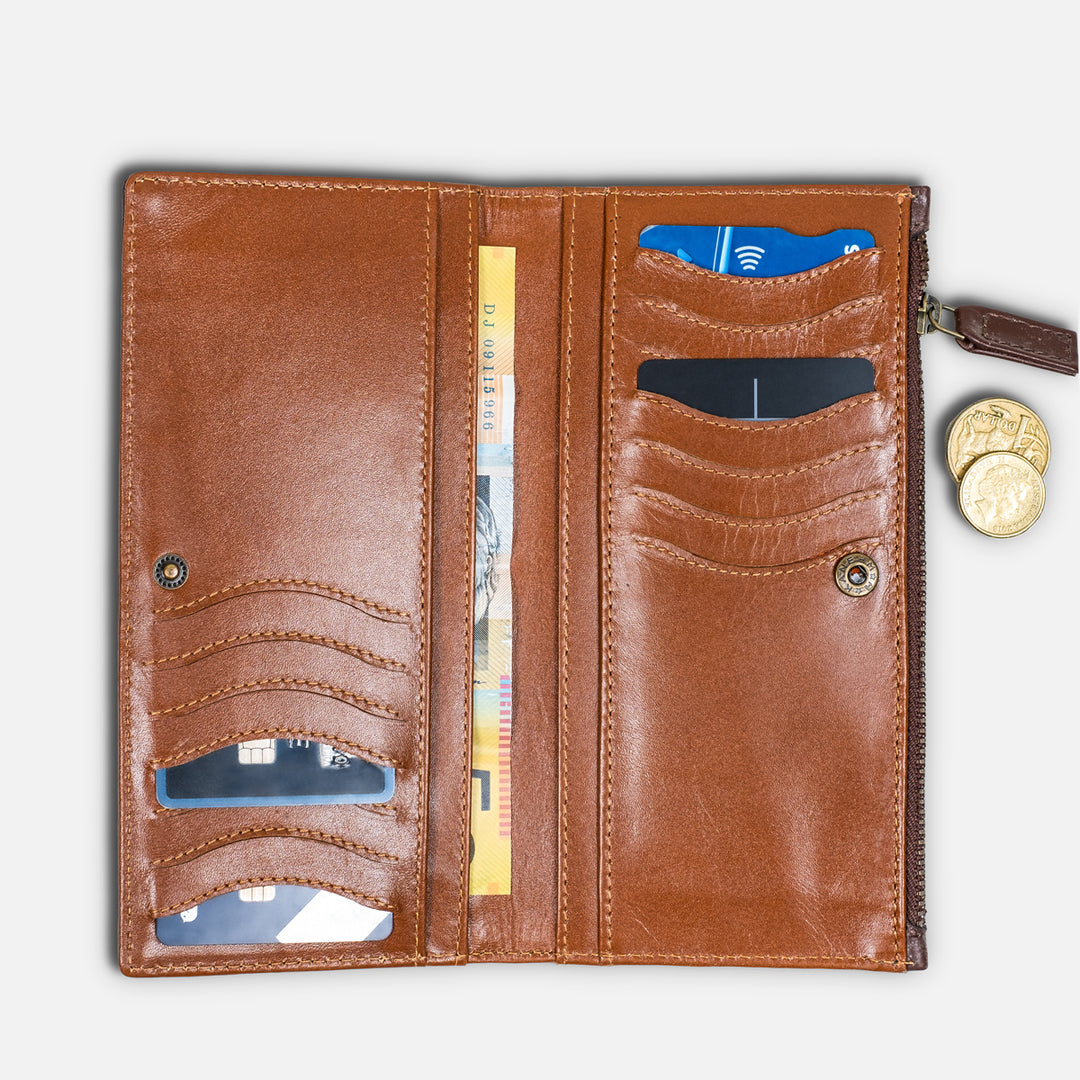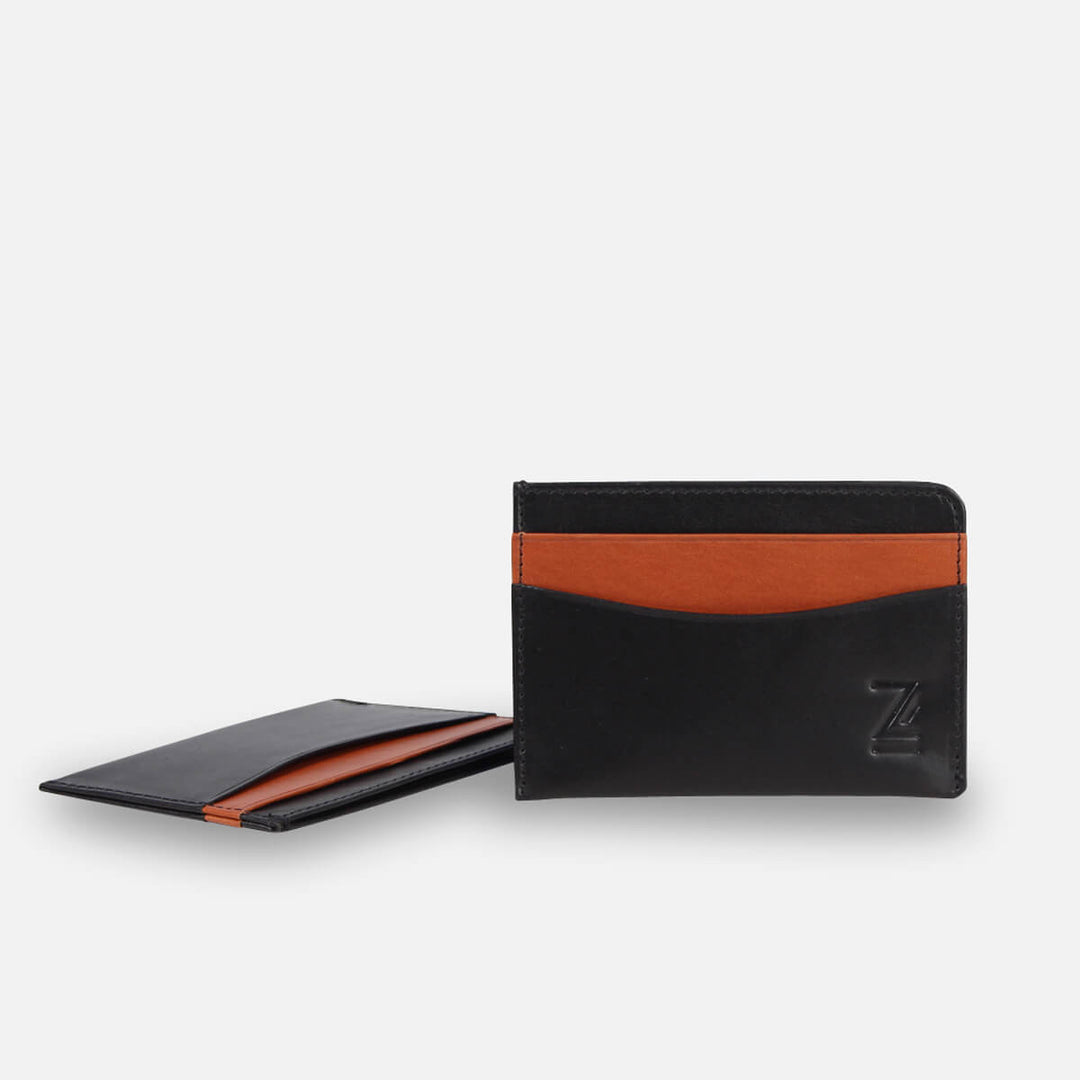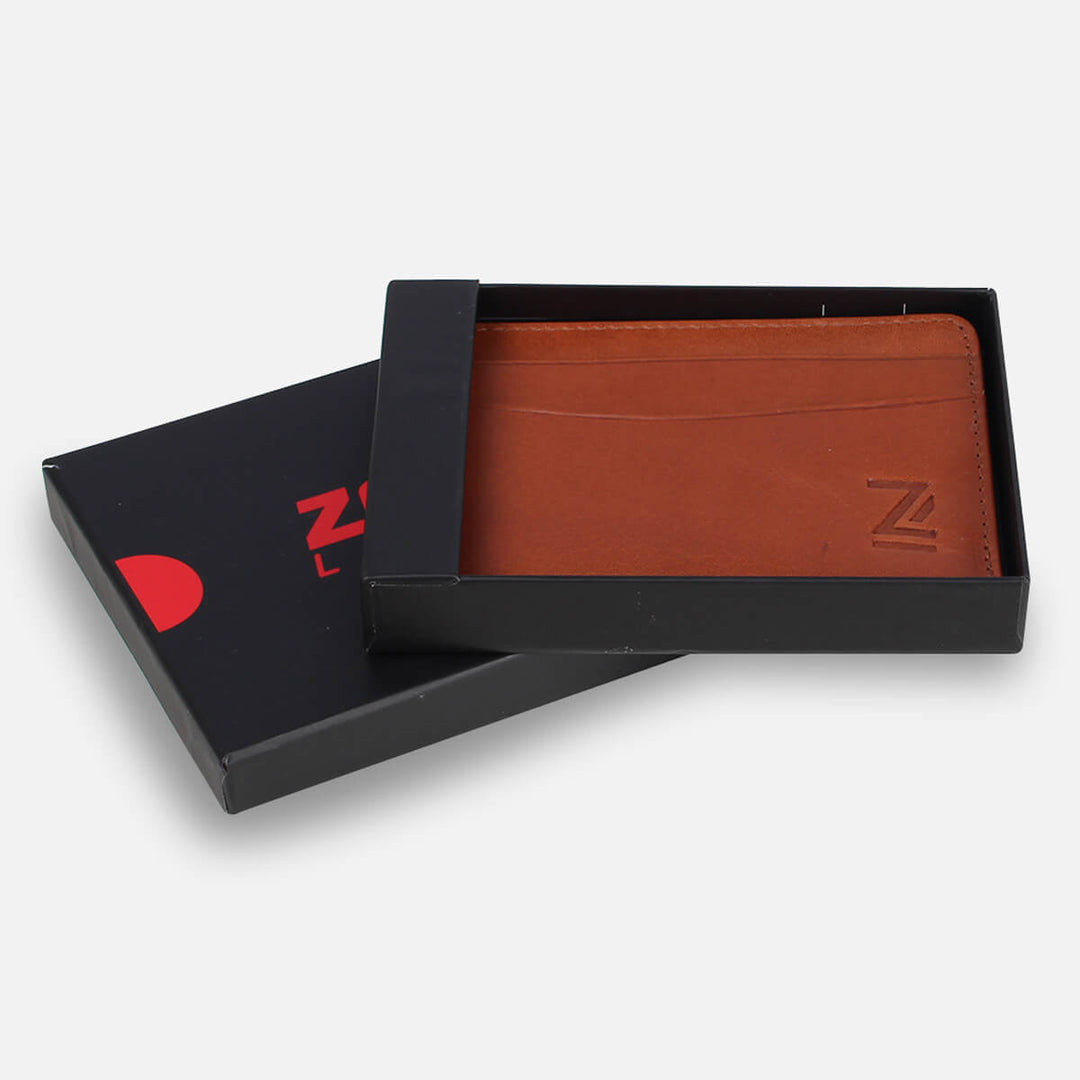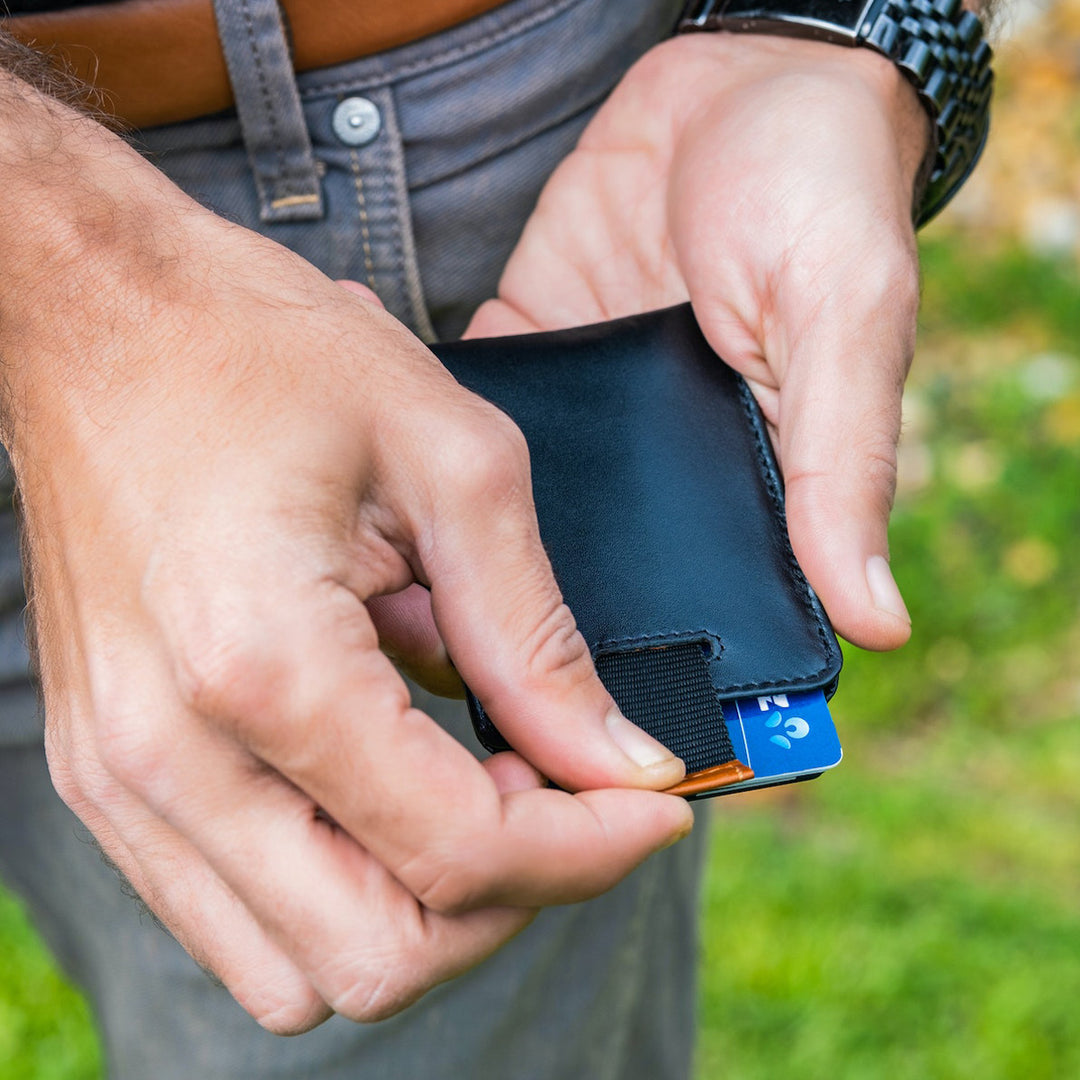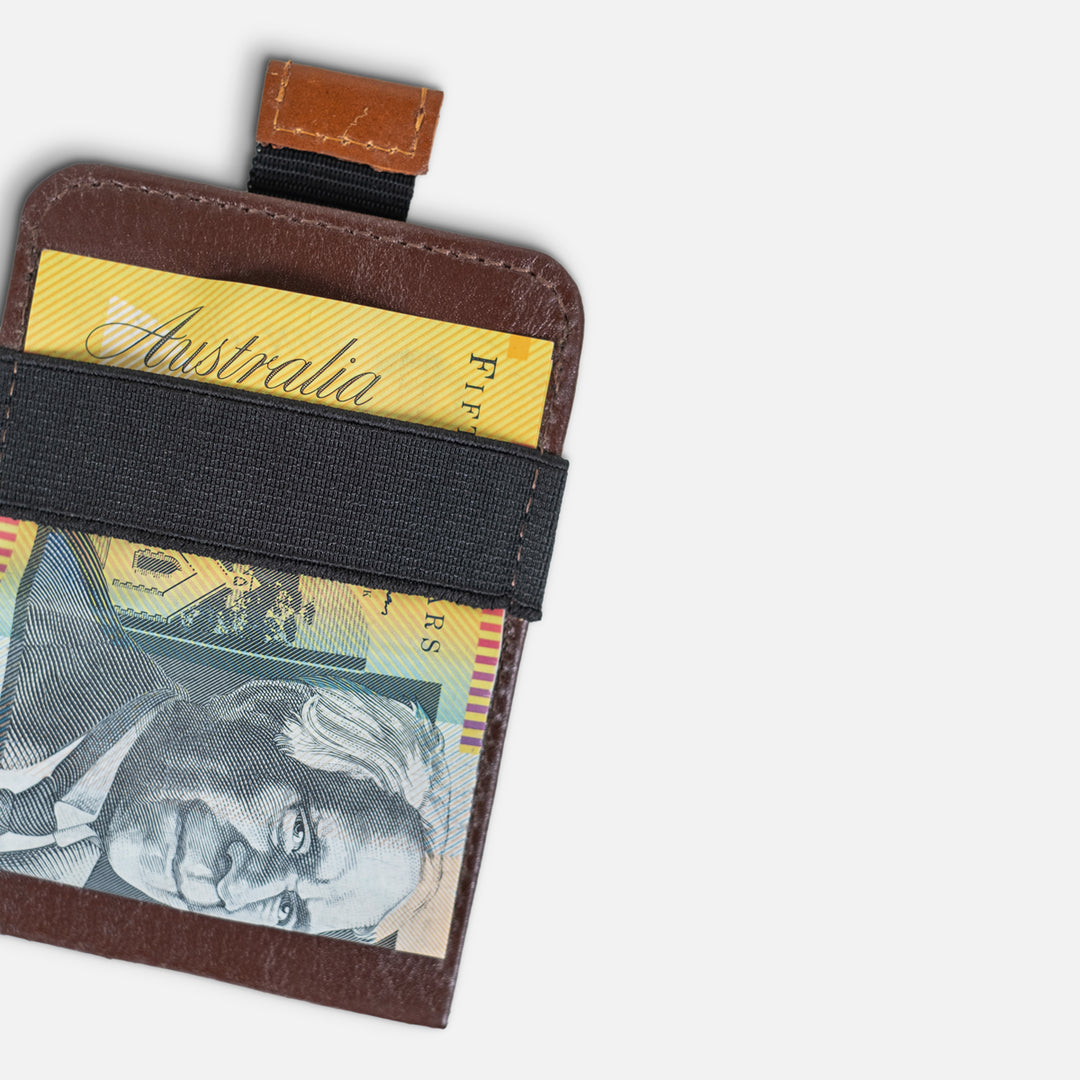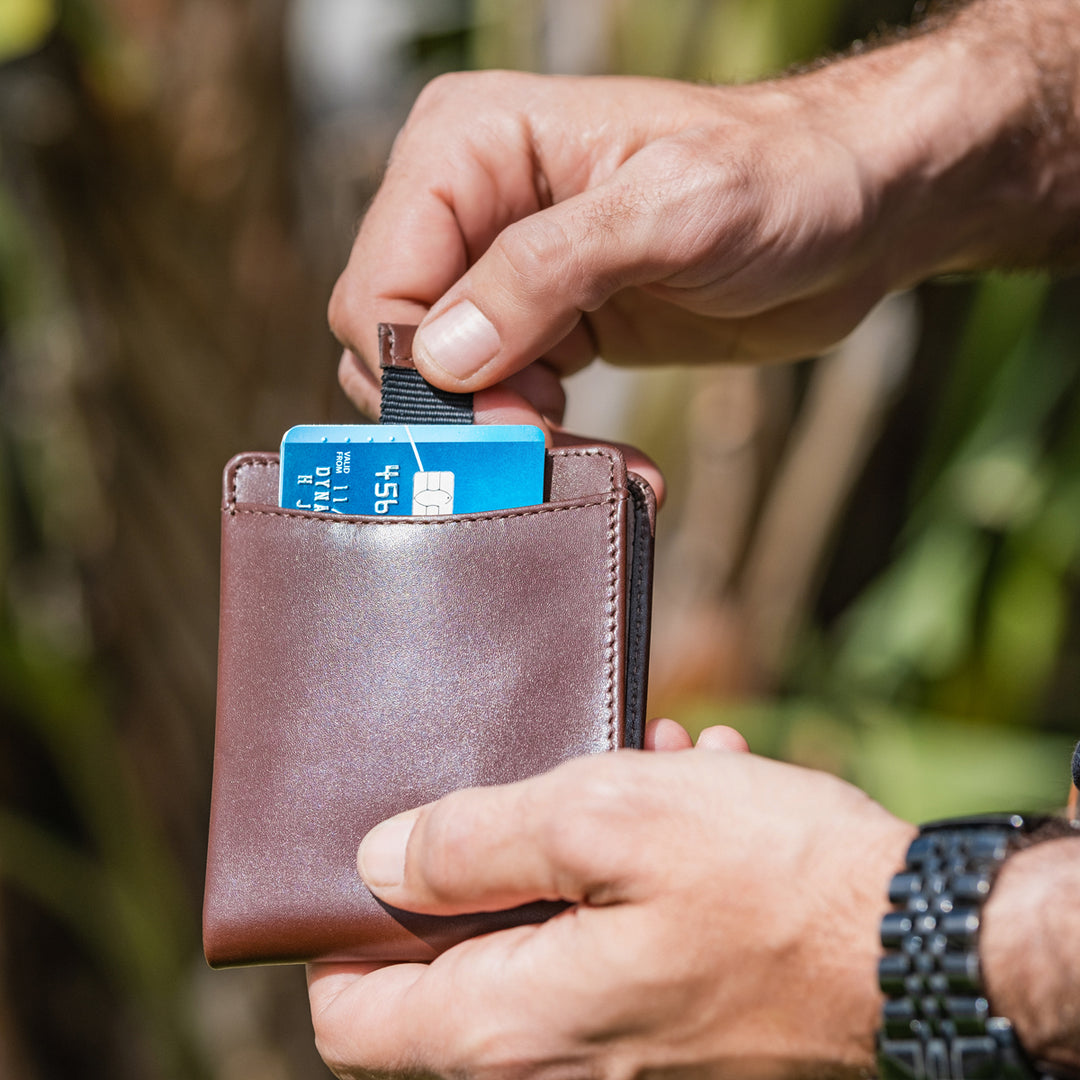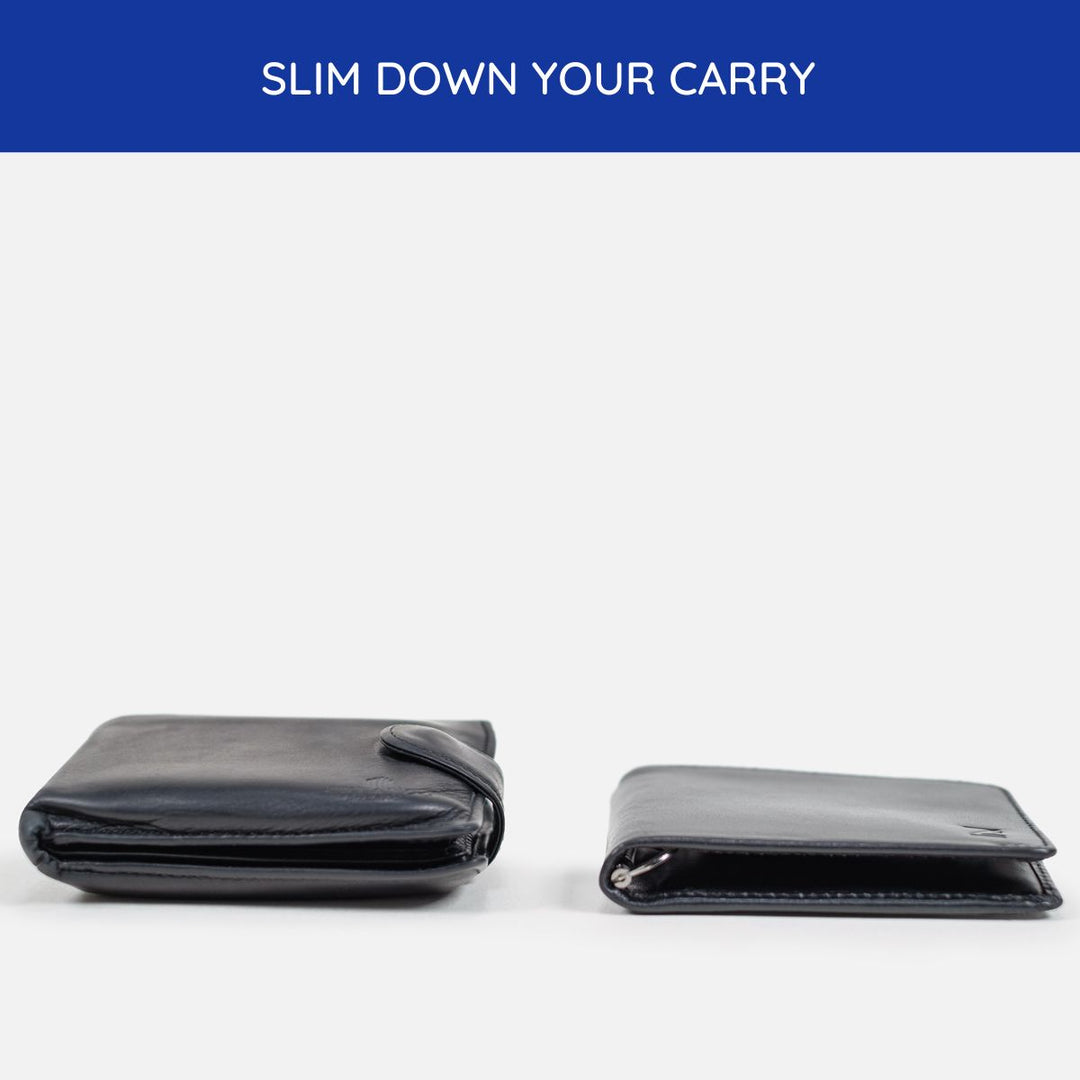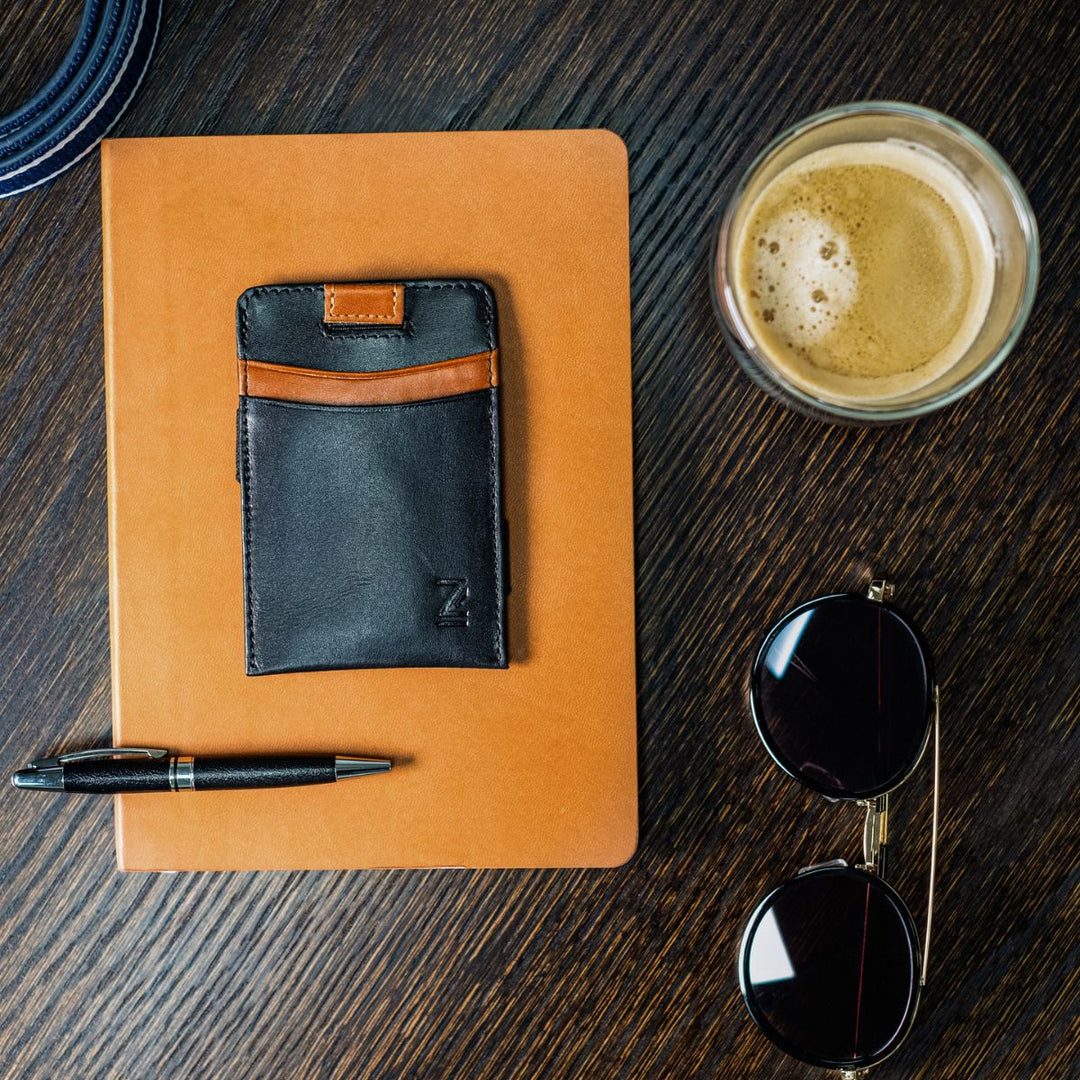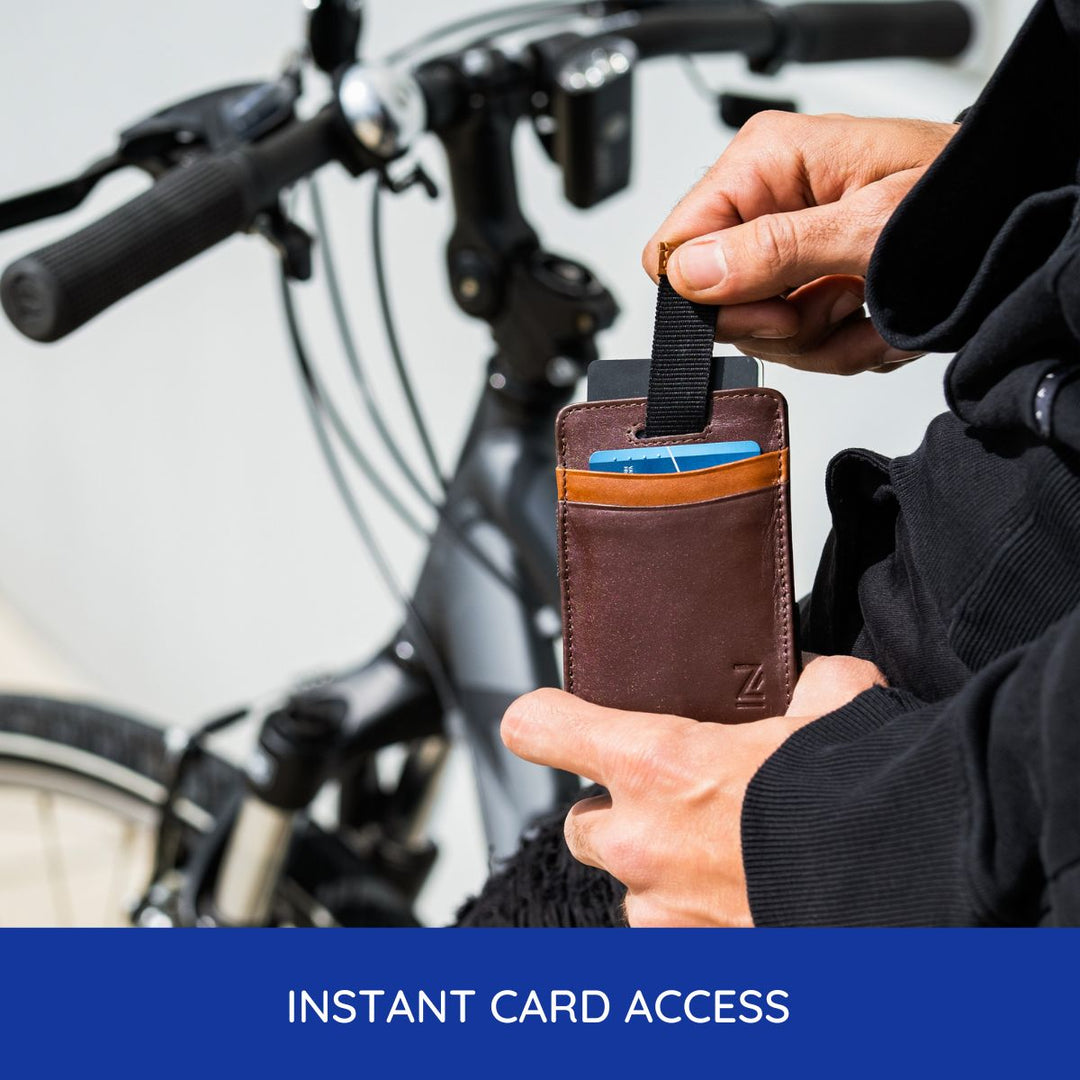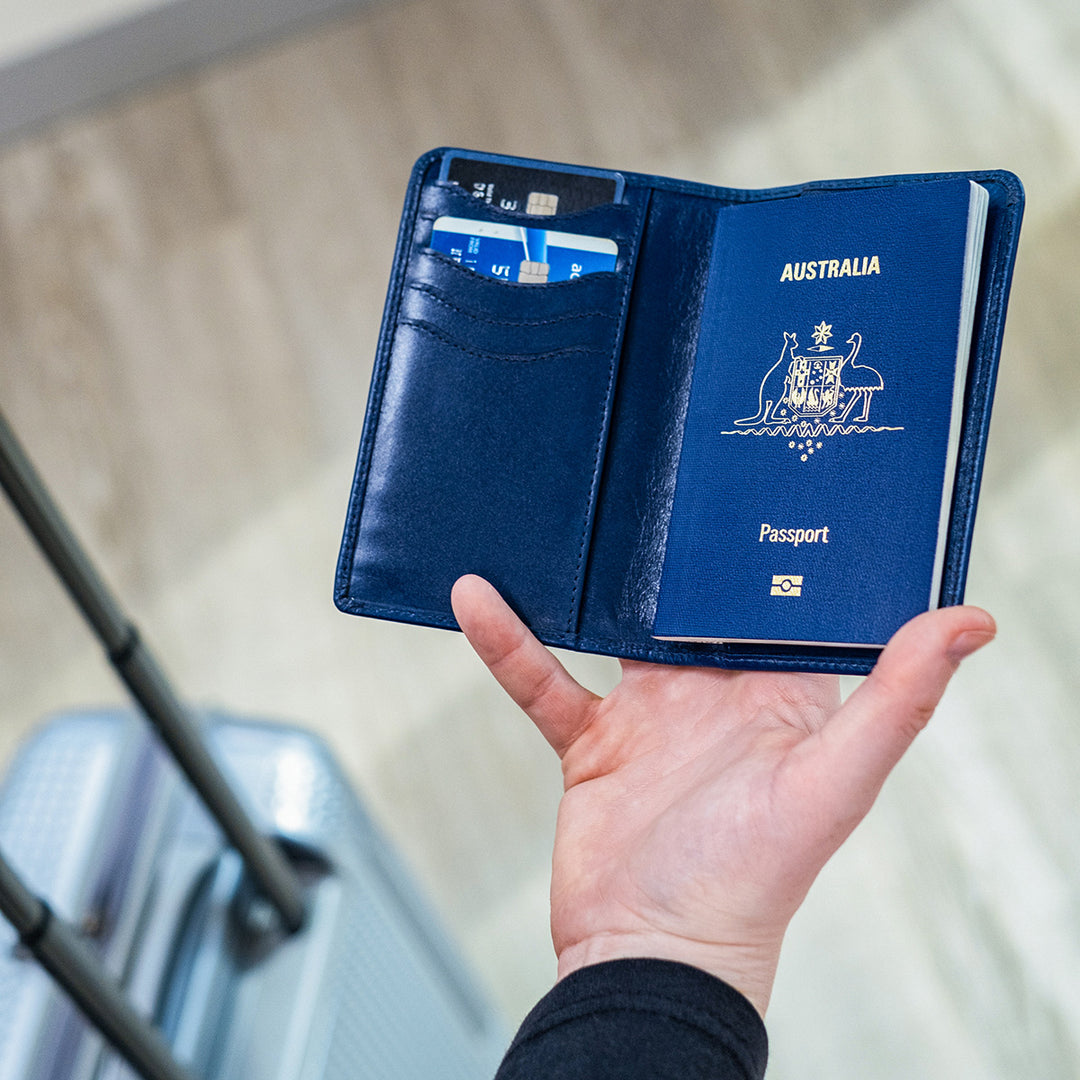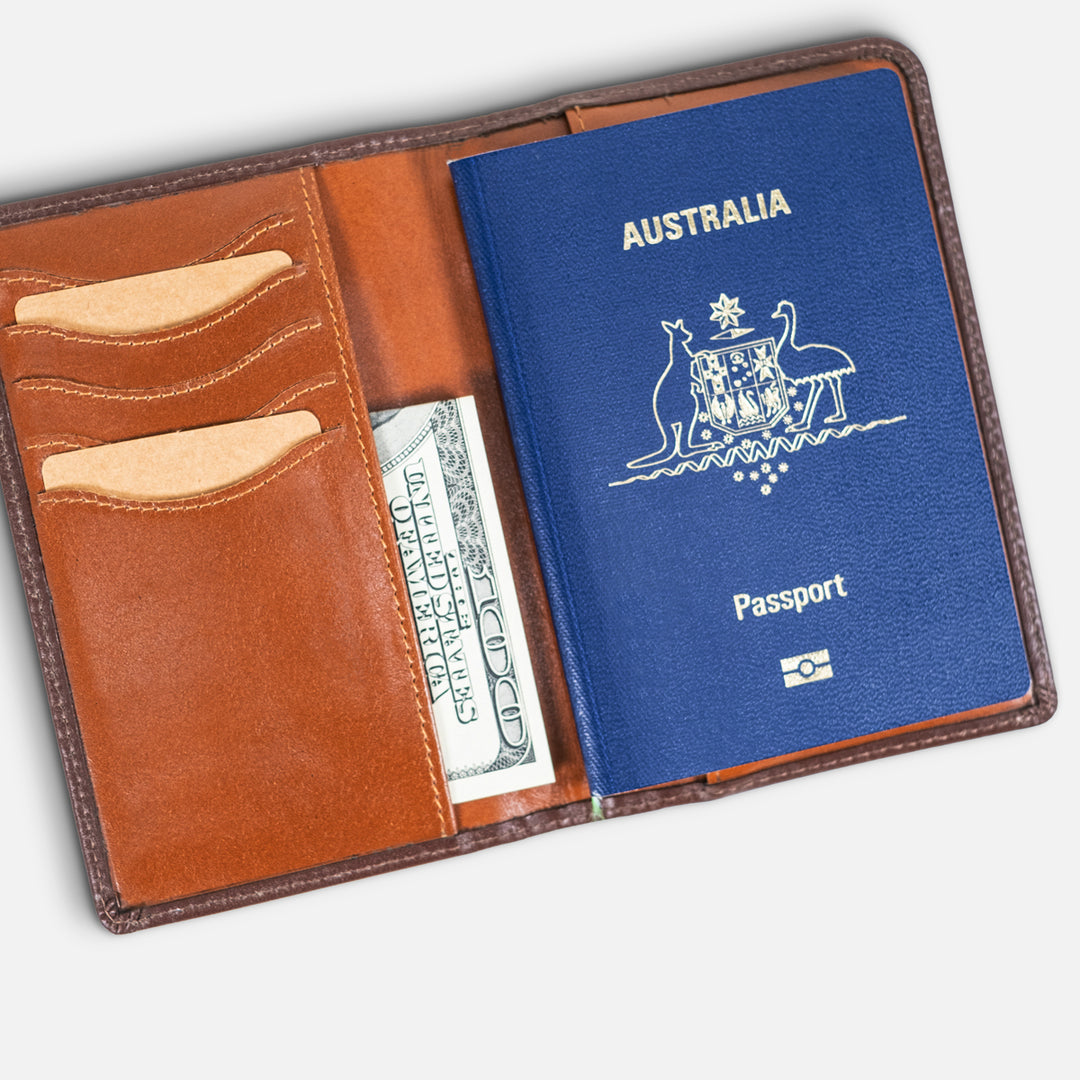RFID Wallets
What is RFID?
Why is it unsafe? RFID chips are used to store information on credit cards, transport cards (like Tap and go, payWave, Opal, Myki and Go) and ID such as passports. They are often used in place of barcodes and magnetic strips because they can hold more information and are easier to use. A discrete portable reader can access the chip from several metres away. The downside is that sometimes the wrong people are getting access to the information stored on the RFID chips.
How do I protect myself from identify theft and credit card fraud?
A basic way to protect yourself is with an RFID blocking wallet. The wallet discretely covers either all of the wallet, or certain sections, from being scanned. This way the information stored on the RFID chip, such as your name, address, date of birth, credit card number and so much more, are protected.
Frequently Asked Questions
How does an RFID wallet work?
An RFID wallet contains materials that block radio waves, preventing unauthorised RFID scanners from reading the data stored on items like credit cards and passports. This interference shields your personal information from digital theft.
Why do I need an RFID wallet?
RFID wallets are crucial for preventing RFID skimming, a form of digital theft where criminals use RFID readers to access personal data without your knowledge. They provide a secure barrier, protecting sensitive information.
What types of cards or items should I store in an RFID wallet?
Items most susceptible to RFID skimming include contactless credit cards, ID cards, and passports. Storing these in an RFID wallet protects them from unauthorised scans.
What features should I look for in an RFID wallet?
When choosing an RFID wallet, look for durable materials, sufficient card slots, compact size for portability, and additional security features like zippers or clasps that offer extra protection.
Are RFID wallets bulky compared to regular wallets?
RFID wallets come in various designs, some as slim as traditional wallets. They do not necessarily have to be bulky; many are designed for convenience and ease of use.
How effective are RFID wallets at blocking signals?
Most RFID wallets are highly effective at blocking unwanted RFID signals. However, their effectiveness can vary based on the materials used and the construction quality.
Will an RFID wallet block signals from all types of RFID chips?
RFID wallets are generally designed to block the frequencies commonly used by credit cards and passports. They may not block all types of RFID frequencies, especially those outside the typical range for consumer goods.
Can an RFID wallet interfere with my phone, key fob, or other electronics?
RFID wallets are designed to block RFID signals and should not interfere with other electronic devices like phones or key fobs, which use different technologies and frequencies.
How do I test if my RFID wallet is working?
To test your RFID wallet, try using a contactless payment terminal or an RFID reader with a card that's inside the wallet. If the reader can't detect the card, your wallet is effectively blocking the signals.
Zoomlite RFID wallets don’t require any activation, you simply put your cards into the wallet and away you go!
RFID Blocking Wallets & Related Categories
